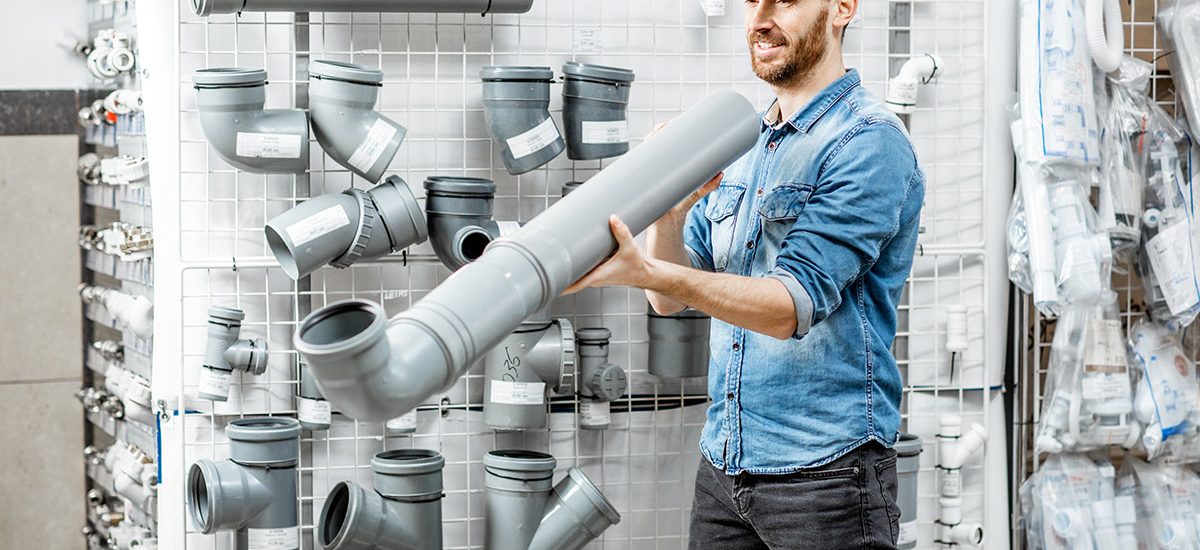Commercial plumbing is a specialized field that involves the installation, maintenance, and repair of plumbing systems in commercial buildings such as offices, schools, hospitals, and retail spaces. Unlike residential plumbing, commercial plumbing projects often come with unique challenges and requirements. Here’s a closer look at the key aspects of working in commercial plumbing.
1. Complex Systems
Commercial plumbing systems are typically larger and more complex than residential systems. They may include multiple floors, a higher number of fixtures, and extensive drainage and water supply systems. Understanding the intricacies of these systems is crucial for effective installation and maintenance.
2. Code Compliance
Commercial plumbing must adhere to strict building codes and regulations. Professionals must be knowledgeable about local plumbing codes, health regulations, and safety standards to ensure that all installations are compliant. This includes understanding backflow prevention, waste management, and proper venting practices.
3. Material Selection
The choice of materials in commercial plumbing is critical for durability and efficiency. Common materials include PVC, copper, and PEX, each serving specific purposes based on the building’s needs. Selecting the right materials helps prevent future issues and ensures a long lifespan for the plumbing system.
4. Water Pressure Management
Commercial buildings often require higher water pressure to accommodate multiple fixtures and appliances. Plumbers must ensure that the water pressure is adequately regulated to avoid issues like leaks or pipe bursts. This involves installing pressure regulators and maintaining consistent pressure levels throughout the system.
5. Maintenance and Repair
Routine maintenance is essential in commercial plumbing to prevent major issues. Regular inspections, drain cleaning, and preventive maintenance help identify potential problems before they escalate. Quick response to repair needs minimizes downtime and ensures the smooth operation of the business.
6. Collaboration with Other Trades
Commercial plumbing projects often involve collaboration with other trades, such as electrical and HVAC contractors. Effective communication and teamwork are essential to ensure that all systems work harmoniously within the building. This collaborative approach helps streamline the construction process and enhances overall project efficiency.
7. Sustainability Practices
With a growing emphasis on sustainability, many commercial plumbing projects incorporate eco-friendly practices. This includes installing low-flow fixtures, utilizing greywater systems, and implementing rainwater harvesting. These practices not only reduce water consumption but also lower operating costs for businesses.
Conclusion
Working in commercial plumbing requires a unique skill set and knowledge base. From navigating complex systems and code compliance to embracing sustainable practices, commercial plumbers play a vital role in ensuring the functionality and safety of commercial spaces. As the industry continues to evolve, staying updated on the latest technologies and best practices will be crucial for success in this field.


